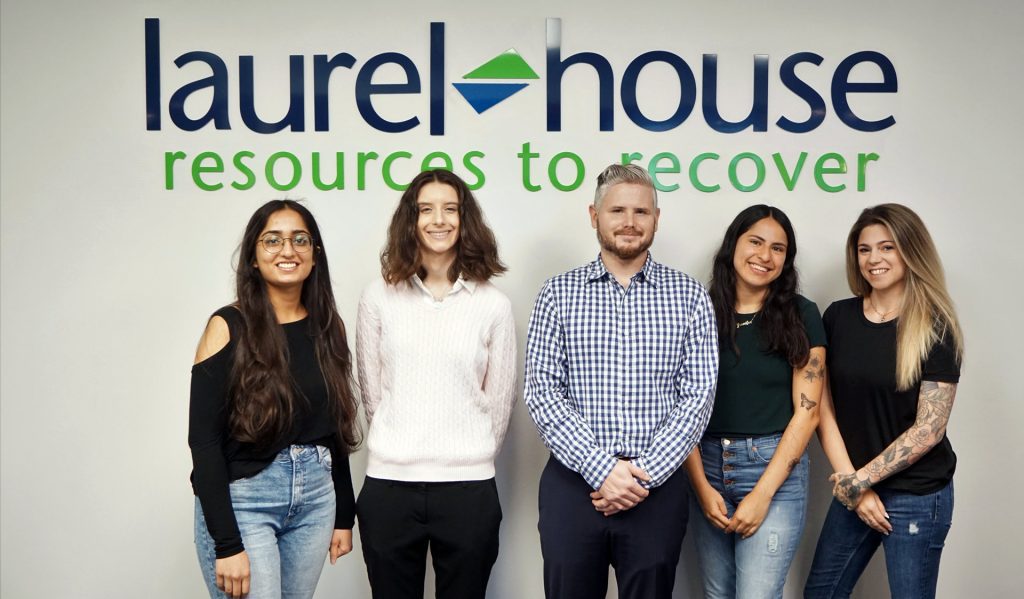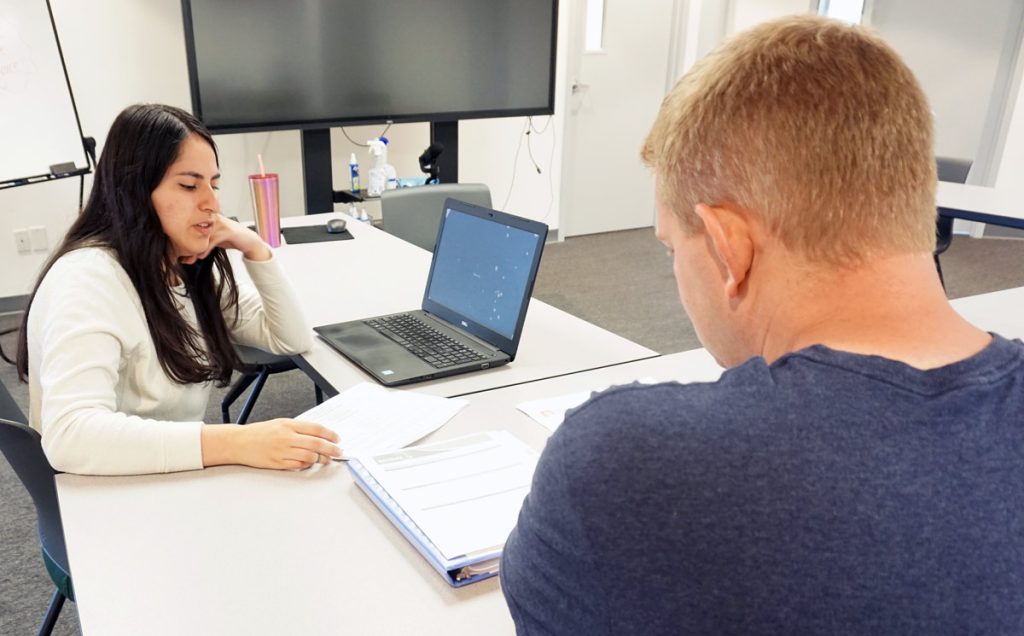Young Adult and College Student Mental Health – The Silent Struggle
In a world where social pressures, academic challenges, and rapid technological advancements test the limits of young minds, it is no surprise that mental health conditions are on the rise in young adults and college students.
While the journey into adulthood can be an adventure full of opportunities, it can also be tumultuous and overwhelming. For many young adults, this period of life becomes a silent struggle, with mental health challenges going unnoticed or dismissed as growing pains.
Symptoms of depression and other mood disorders, anxiety, schizophrenia, trauma, or self-harm may emerge in late adolescence or young adulthood. These conditions often lurk beneath the surface and only become apparent with the onset of a crisis: falling grades and school withdrawal, problems in the workplace, suicidal thoughts or attempts, problem substance use, or “failure to launch” as the young adult continues living at home with no path to future independence.
Early Intervention Is Essential
Acting early to identify and treat mental health problems in young adults results in reduced symptoms and better outcomes.
The first step is often to engage a therapist, counselor, or psychiatrist to treat the symptoms and ensure the young adult is safe. In some cases, a more comprehensive approach, such as hospitalization, or intermediate measures, such as partial hospitalization or intensive outpatient programs, may be needed.
A Resource Specialist from www.rtor.org can help you identify treatment options and find help in your area.
If you or someone you know experiences mental health issues, it is important to seek help from a qualified professional. Our Resource Specialists can help you find expert mental health resources to recover in your community. Contact us now for more information on this free service to our users.
Recovery Is Possible with Support
Once the crisis phase has passed, it’s time to think about supportive services to help the young adult get back on track in school, work, and the community. Laurel House, Inc., the sponsor of www.rtor.org, provides personalized, evidence-based programs that help young adults and college students develop skills and strategies to lead fulfilling lives.
Supported Education
Laurel House’s Supported Education program ensures a successful transition to college, vocational certification, or achievement of a GED. Since 1989, the program has helped young adults and college students with mental health conditions work toward their academic goals.
A Supported Education Counselor works closely with the student to:
- choose a post-secondary program;
- enroll or re-enroll;
- complete financial aid applications;
- and provide ongoing assistance and learning strategies.
Thinking Well Cognitive Skills Training
Thinking Well is a therapeutic, evidence-based program that addresses cognitive issues associated with mental health disorders. It follows the evidence-based Neuropsychological Educational Approach to Remediation (NEAR), which improves executive functioning for young adults and college students to succeed in the workplace, school, and community. Brain-training computer games, combined with group discussion, target skill-building in five critical areas of cognition: attention, problem-solving, working memory, verbal memory, and processing speed.
Supported Employment
Supported Employment helps individuals find and maintain competitive jobs (not set aside for people with disabilities) in fields that match their strengths, interests, and career goals. Laurel House’s program follows the evidence-based Individual Placement and Support (IPS) model, which results in improved employment outcomes for people with mental health disorders.
Laurel House also offers other services to adults with mental health conditions, such as the Community Support Program (CSP) to assist individuals living in the community, Supportive Housing, and Skill-Buliding workshops.
Meeting Young Adults and College Students Where They Are in Life and the Community
Laurel House provides on-site services at its Resource Center in Stamford, CT. Bespoke services tailored to young adults and college students can also be provided outside the Resource Center. Supported Education, Supported Employment, and CSP staff are available to meet clients in the community, workplace, school campuses, or wherever the young adult is comfortable. Virtual services and support are also available for Supported Education, Thinking Well, and Skill-Building workshops.
*Laurel House serves the following communities in lower Fairfield County: Darien, Greenwich, New Canaan, Norwalk, Stamford, Weston, Westport, and Wilton.
Learn MoreLaurel House is a 501 (c)(3) nonprofit organization. Laurel House services are free for Fairfield County residents 18 and over who income-qualify. Non-qualifying individuals are charged a nominal fee to help cover the cost of services.
www.rtor.org is a free service of Laurel House. There is no charge for anyone to use the free Resource Specialist service.
Interested in More Information on Laurel House’s Programs?
Please fill out the below information and someone from the Education team will get back to you shortly.






